
The RadCity 5 Plus e-bike from Rad Power Bikes has just been launched with a pile of new upgrades, making it the most extensive update to the RadCity electric commuter e-bike yet. The team at Rad kindly gave me the opportunity to get an early test ride on the new RadCity 5 Plus, and today I’m taking you along with me to see what makes this new e-bike tick.
The new RadCity 5 Plus is the latest e-bike in Rad’s lineup to get the “Plus” treatment. That’s where Rad takes an existing e-bike and upgrades the quality and utility of the bike by adding new features and higher spec components.
Earlier this summer we saw Rad Power Bikes do something similar with its most popular e-bike, the fat tire RadRover. When the new RadRover 6 Plus landed, we witnessed a slew of awesome new upgrades like hydraulic disc brakes, a new motor, upgraded display, sleeker semi-integrated battery, new lighting, and other improvements.
Now Rad is following a similar path with the commuter-ready RadCity e-bike line. Both the RadCity step-over and RadCity step-through are getting a number of similar upgrades to create the RadCity 5 Plus edition.
You can see my first ride experience on the new e-bike below, or you can keep reading for the complete run down. Or both!
RadCity 5 Plus e-bike video review
RadCity 5 Plus tech specs
- Motor: 750W geared rear hub motor
- Top speed: 32 km/h (20 mph)
- Range: 45-72 km (25-45 mi) depending on throttle or pedal assist
- Battery: 48V 14Ah (672 Wh)
- Max load: 125 kg (275 lb)
- Frame: 6061 aluminum, high step or step-thru
- Suspension: 60 mm travel spring suspension fork with preload adjustment and lockout
- Brakes: Nutt hydraulic disc brakes
- Extras: dual displays, higher accuracy battery gauge, front and rear LED lights, 5 speed settings, half-twist throttle, higher power USB charging ports (optional), mounting for front and rear racks, fenders included standard, redesigned battery, higher torque motor
What’s new in the electronics?
There are a pile of new updates to the RadCity that turn it into the RadCity Plus.
The first and most obvious is a new battery. Just like the RadRover 6 Plus, the RadCity is getting Rad’s newly designed battery pack that slides down into the frame. Not only does that create a sleeker package by hiding away the battery, but it also frees up a lot more space in the triangle of the step-over frame. On the Step-through version, it allows the frame to be even more accessible with extra room to swing a leg through.
The battery is still 672 Wh, which is on the larger size of the e-bike battery spectrum. It offers reasonable range of around 25-50 miles depending on if you’re ripping on the throttle or taking it easy with pedal assist. I’ve ridden plenty of Rad Power Bikes e-bikes and range has never been issue.
The second major update that will likely catch the eye is the new motor. The last RadCity was the final holdout in the Rad lineup for direct drive motors. Those were big, dinner plate-size motors that took up a lot of space in the rear wheel. Now Rad has moved to a smaller, lighter but torquier geared hubmotor in the rear. The downside is that you lose the regenerative braking option (even though that gave back only marginal battery charge). The upside is… just about everything else. The new motor is lighter, smaller, better at hill climbing, and doesn’t look like such an eyesore in the rear wheel.
I took the bike up some steep Seattle hills and the new motor worked great on both throttle-only and pedal assist riding. Rad claims a 40% increase in hill climbing speed and I believe them. The RadCity 5 Plus flew me up some super steep hills with an ease that surprised me.
The last major eye-catching update is the pair of new LED displays. This is likely to be a divisive feature, but I’m a fan. The former simplistic LCD display has now been split into two LED displays.
The main display is still in the center of the bars and offers up important data like speed, distance, power, etc.
Then on the left bar end there’s a combined remote and display that provides less frequently used info like pedal assist level, battery charge, and headlight status. That’s all important data, but not something you’re constantly looking at. Most people check their battery level once in a while, and pedal assist level is kind of a set-it-and-forget-it thing.
I also like that the functions being actuated by the buttons are located next to the buttons. For example, on the old screen you would click the button on the left bar end to change the pedal assist level, then have to look back to the display in the center of the bars to see if the level changed and what level you were in now. With the new system, that info is right next to the buttons, making it quicker and easier to use – no more hunting around with your eyes.
Some people won’t like that there are more things taking up handlebar real estate, and I certainly get that. When you want to add your own lights, phone holders, and other aftermarket accessories, space on the bars is at a premium. But I do think the new displays are a well thought out and executed feature.
What’s new on the bike side?
All the electronics are nice and all, but what about the bike parts?
In addition to the newly designed frame, the RadCity 5 Plus also gets some upgraded components. Chief among those upgrades are new hydraulic disc brakes.
Even though mechanical disc brakes are absolutely fine for a 20 mph (32 km/h) e-bike, hydraulic disc brakes are simply a nicer upgrade. They require less maintenance since you don’t have to adjust cable lengths as they stretch. They require less force to get the same stopping power, meaning you can more easily one-finger brake to maintain better control of the handlebars. The levers are adjustable so riders with either small or large hands can dial them into a comfortable distance from the bars. And the brakes aren’t susceptible to cable rust or housing wear, which can cause bicycles to have non-responsive braking as the bike ages.
Rad Power Bikes also includes higher-quality ceramic brake pads in the calipers, giving an even stronger bite and longer-lasting brakes. With brake pad replacement essentially the only maintenance item left with hydraulic brakes, longer maintenance intervals offered by ceramic pads push these brakes even closer to nearly zero-maintenance territory.
The rear of the bike has also been reworked to create a bolt-on rack instead of a frame-integrated rack. That means you have more options for accessories and you also aren’t stuck with an unmodify-able rear end. If you ever banged up your frame-integrated rack on the old model, you were out of luck. With this setup, it can easily be replaced and thus increases the lifespan of the bike itself.
New tires are also present on the RadCity 5 Plus. The puncture-resistant tires were re-engineered for the bike and supposedly offer an 11% increase in range.
One change I’m not so sure how I feel about is the new suspension fork. The reduced travel makes the bike a bit lower and lighter, but it doesn’t have quite the same absorption range anymore. Of course this is a city bike, not a trail bike, and so the 60 mm travel RTS spring fork is probably adequate for the type of riding most people do.
The previous RadCity had a bit more “mountain bike in a city” feel with that 80 mm travel fork, and so dropping down to a mere 60 mm is probably a good compromise, even if it means we don’t have quite the same amount of suspension as we used to have.
Everything else about the bike is either pretty much the same or slightly better.
The touch points like the saddle and handlebar grips are as good as ever.
The frame is sleeker without the bulky battery and controller boxes hanging off.
The adjustable stem makes it easy to find the most comfortable fit.
The lower seat height opens the door to an ever wider range of riders, with Rad boasting of an extra 5″ of height range to the high-step model and an extra 2″ of height range for the step-through model.
It’s all quite nicely engineered to improve upon what was already a great commuter electric bike.
Priced at $1,799, it’s on the higher end of Rad’s lineup. But then again, we’re talking about a “Plus” series e-bike, and all of Rad’s more premium Plus models are going to come priced at a premium.
With a wide range of e-bikes from $999 starter e-bikes to these new Plus models with higher-end components, Rad Power Bikes is swinging at and connecting with a huge swath of the market.
For a massive company with in-person service covering most of the country, they’re making it pretty darn easy for as many riders as possible to make the Rad decision.
FTC: We use income earning auto affiliate links. More.
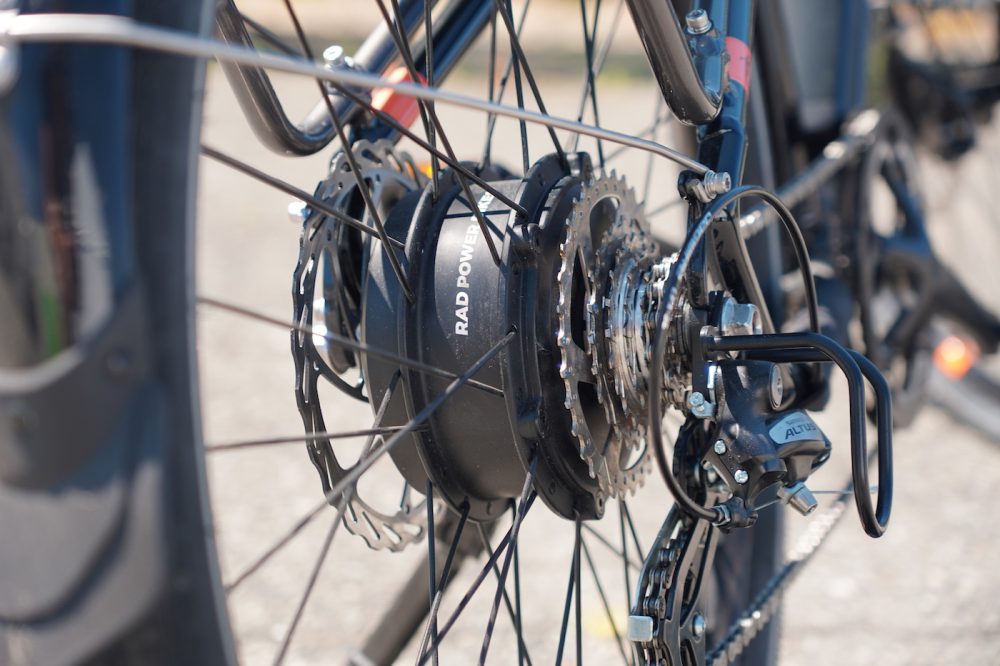
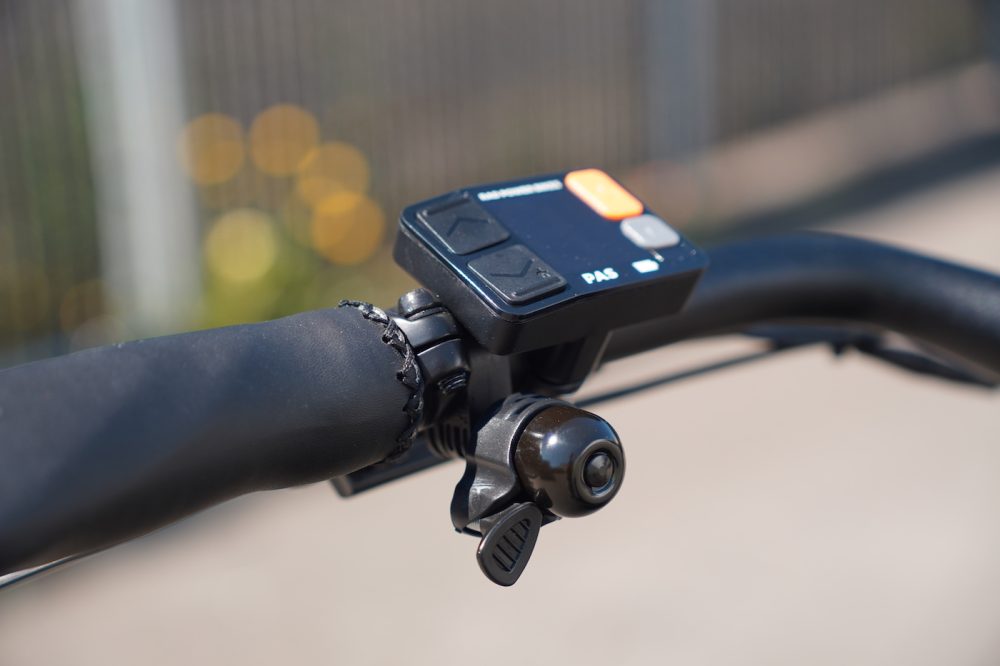
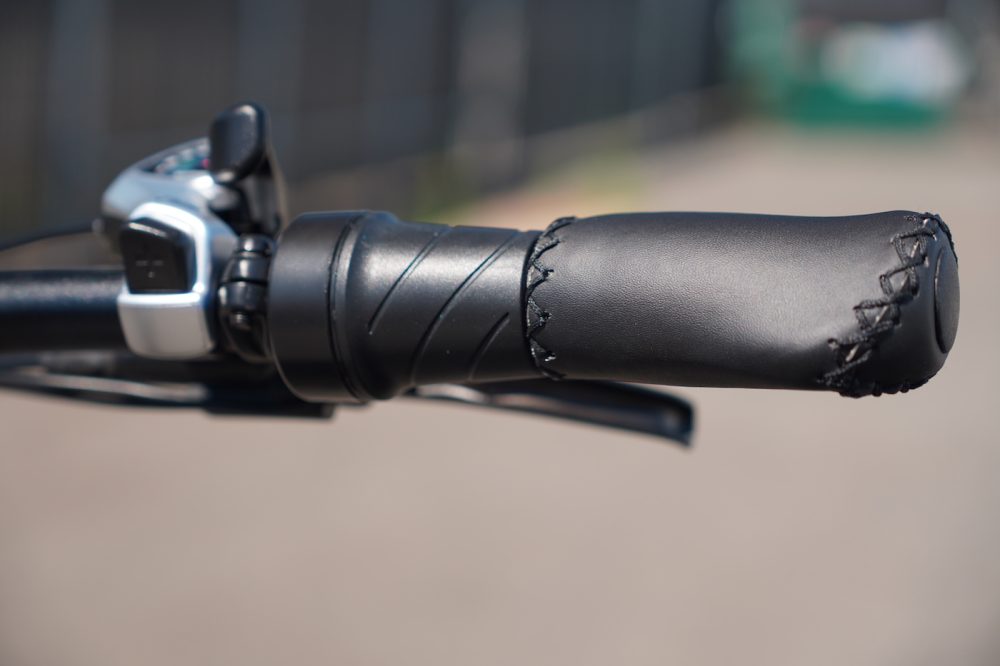
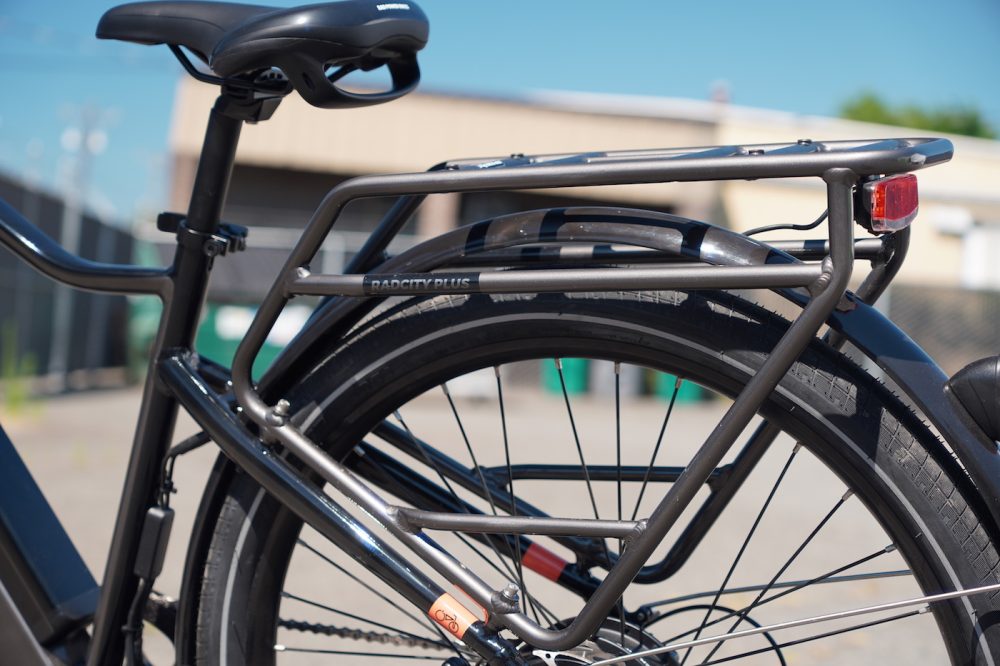
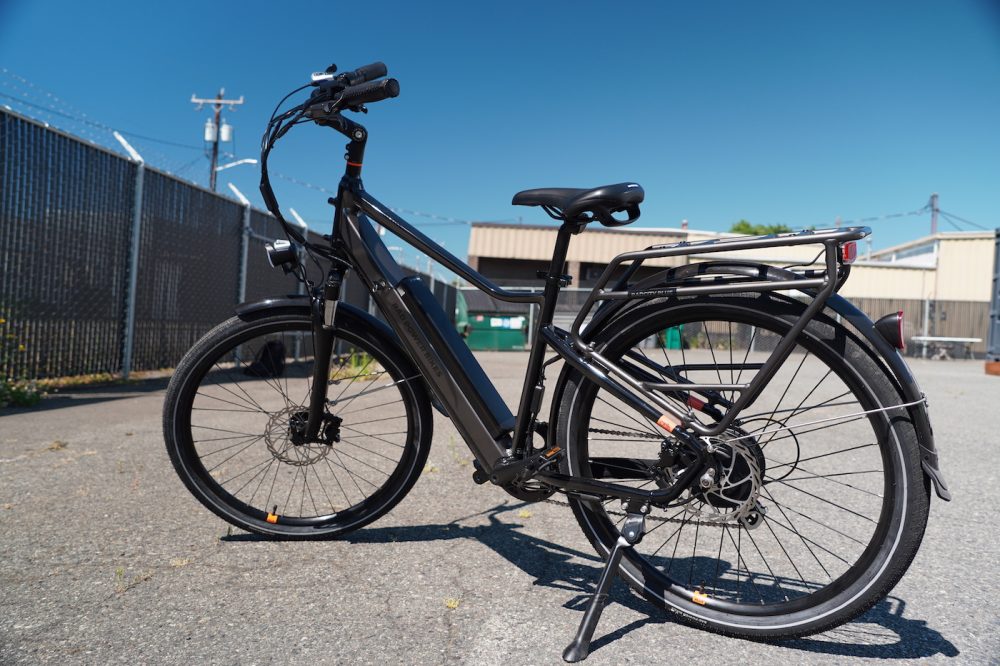
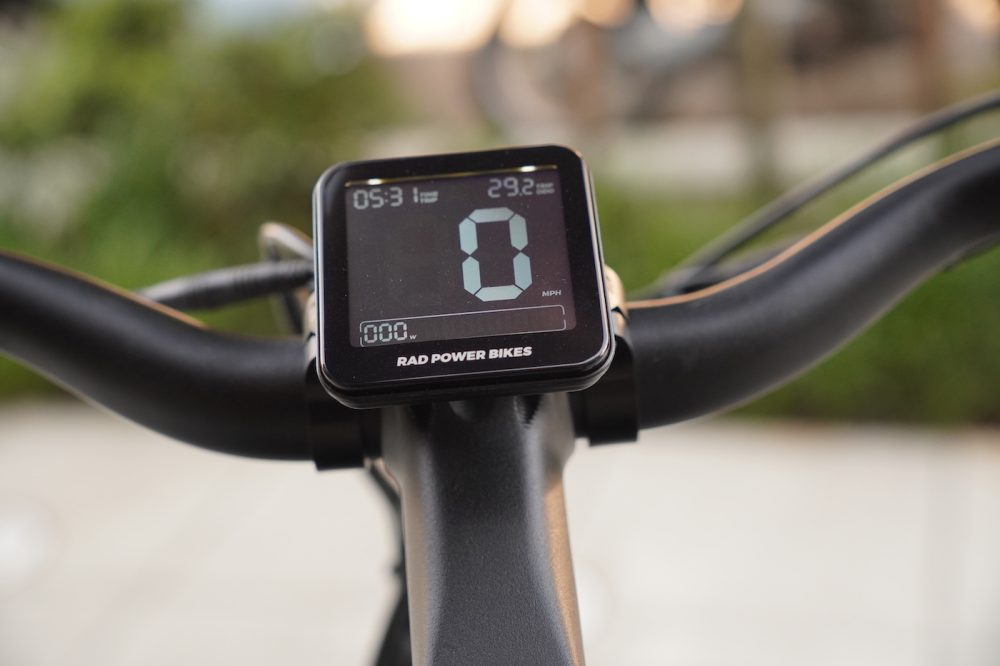
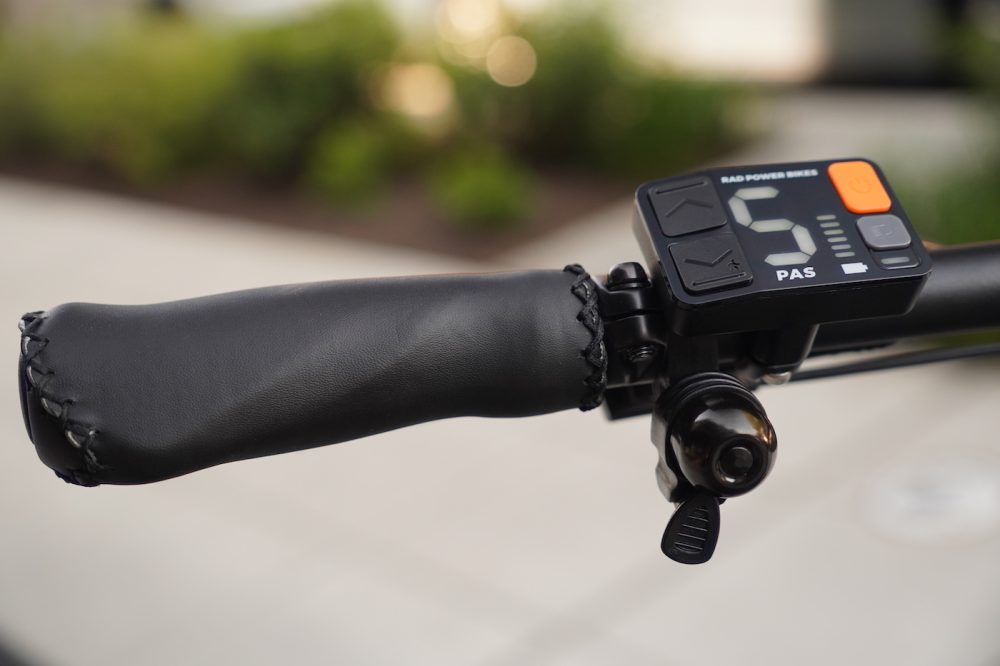
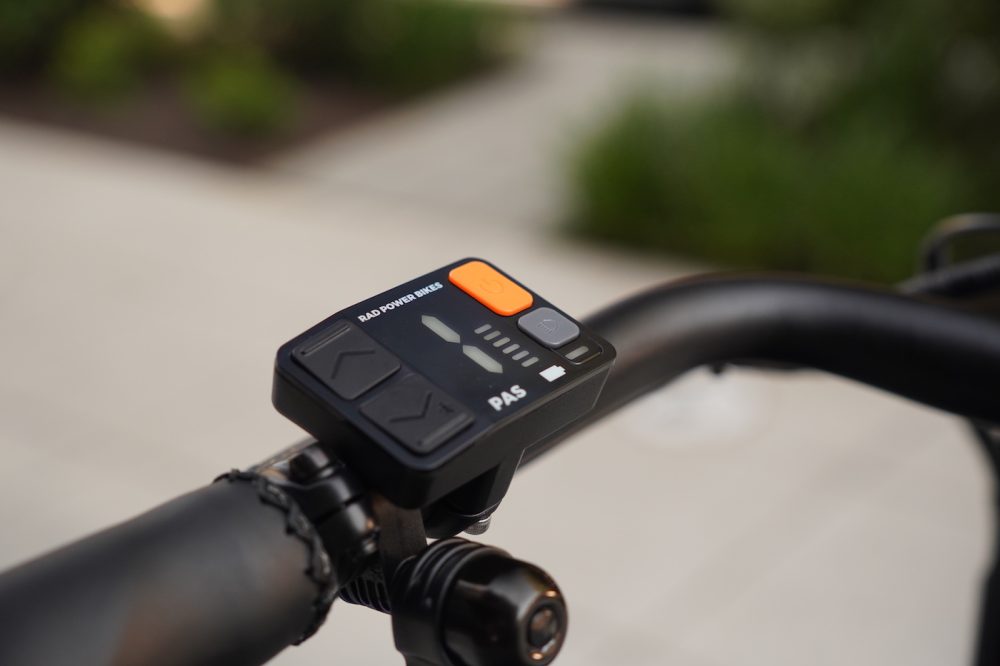
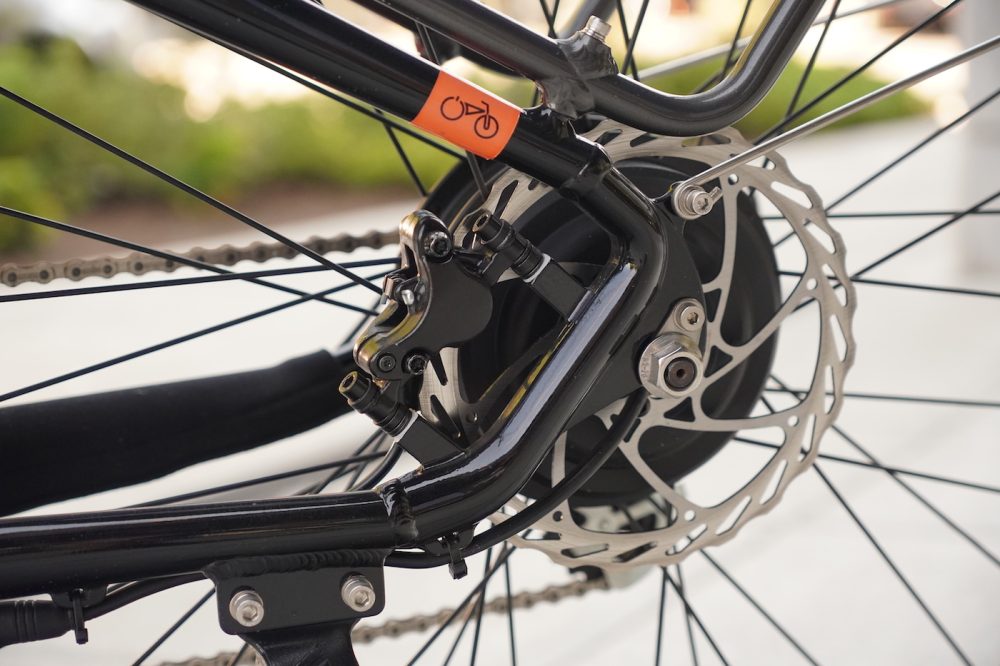
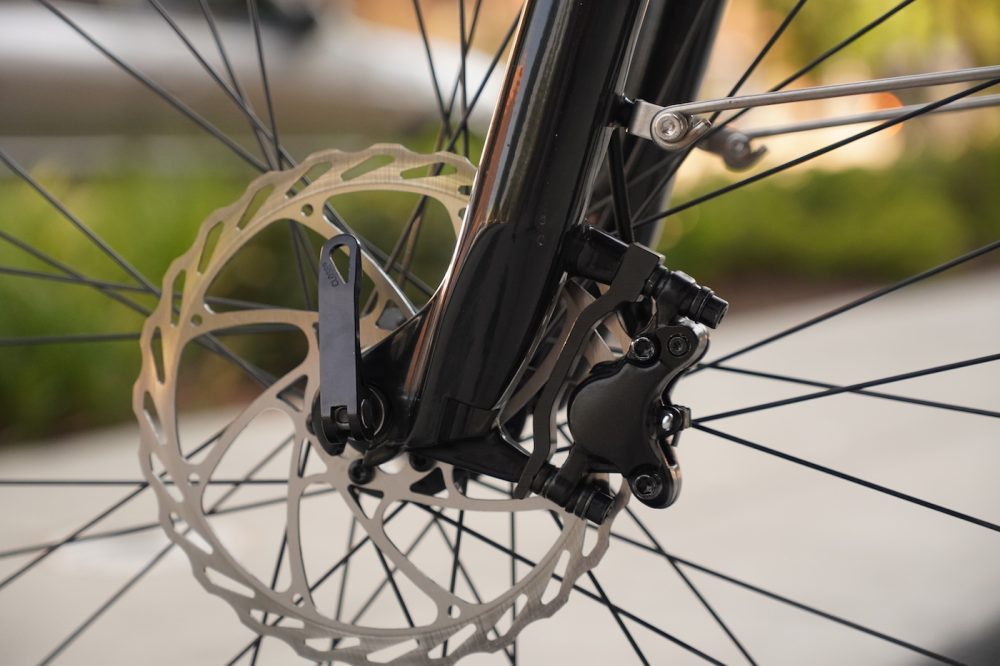
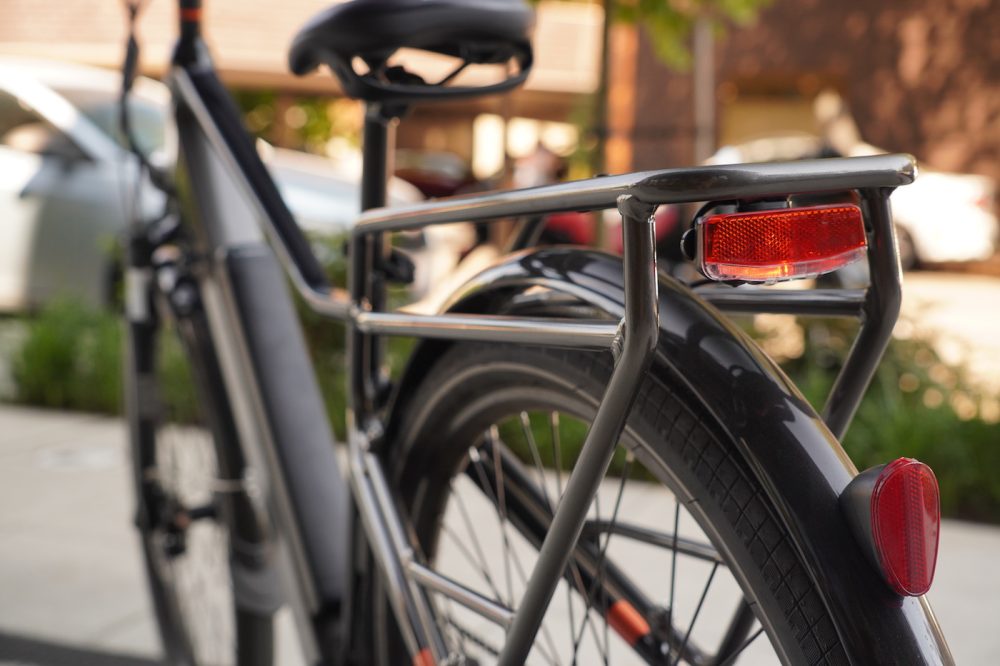
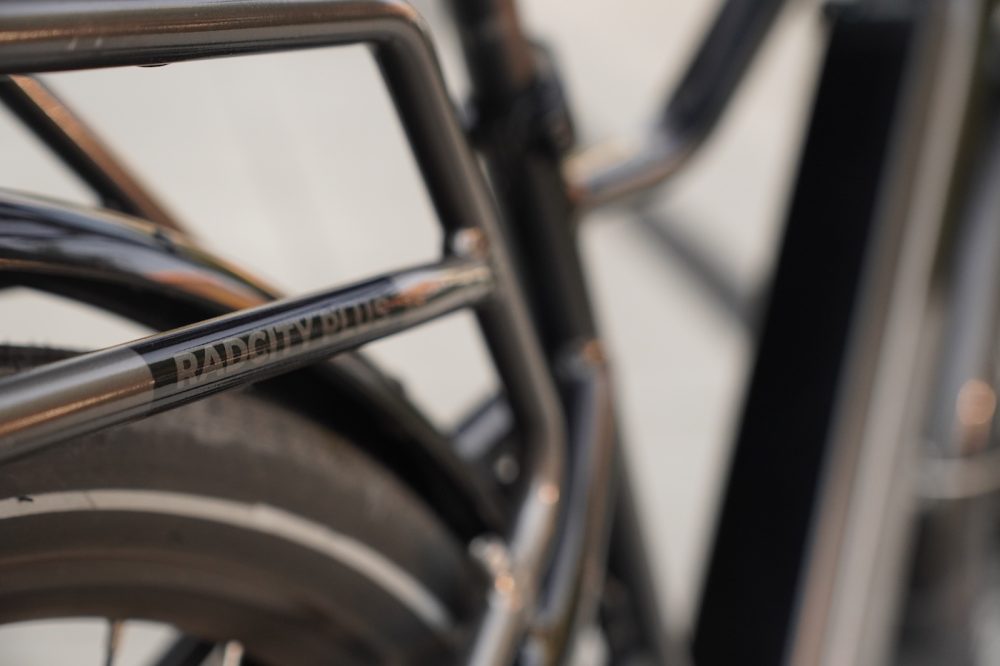
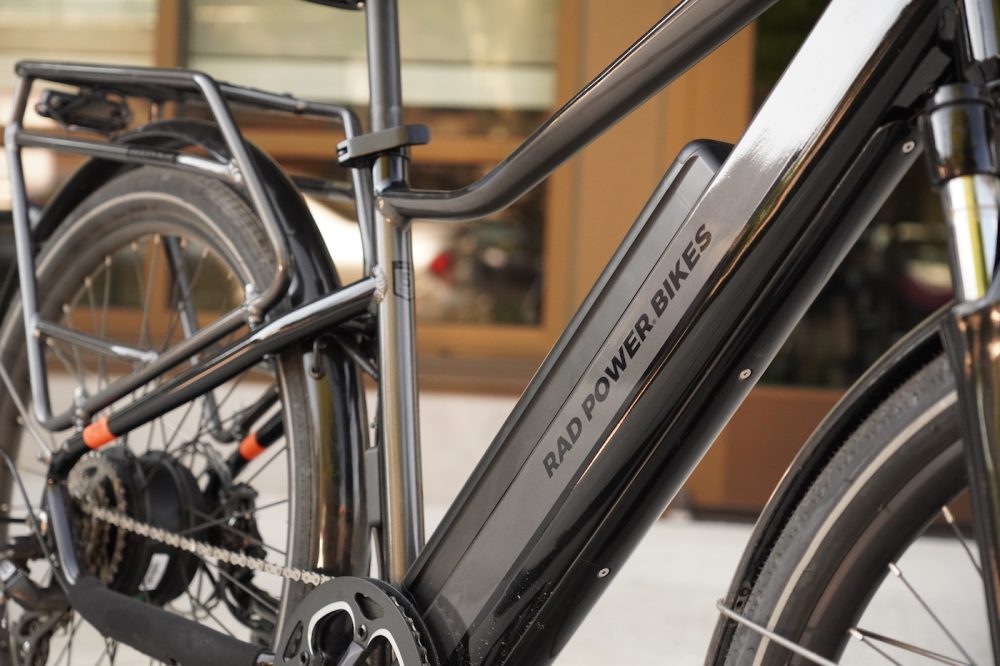
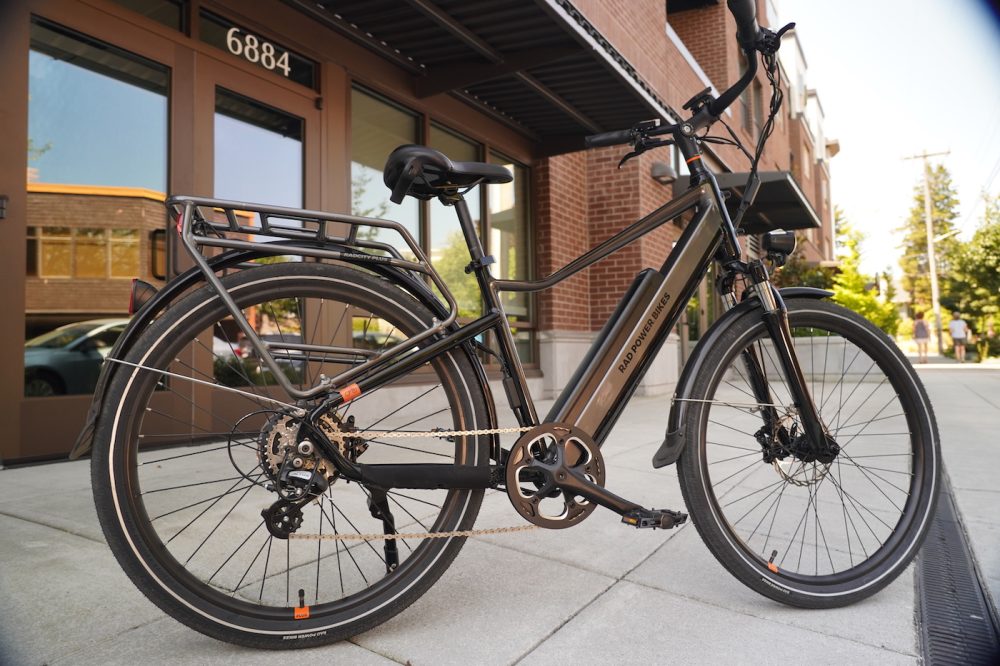
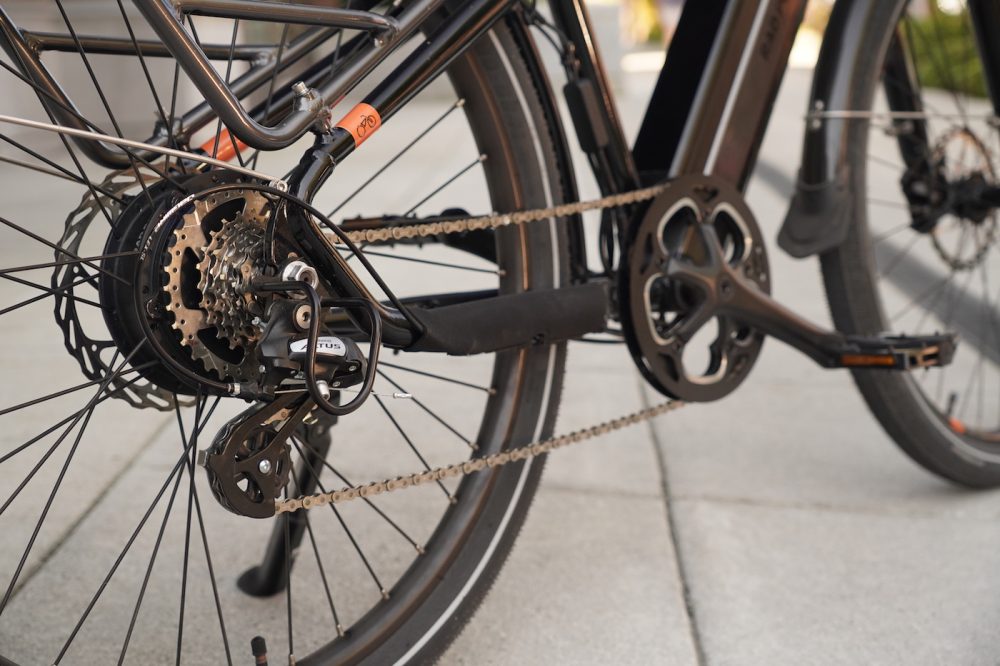
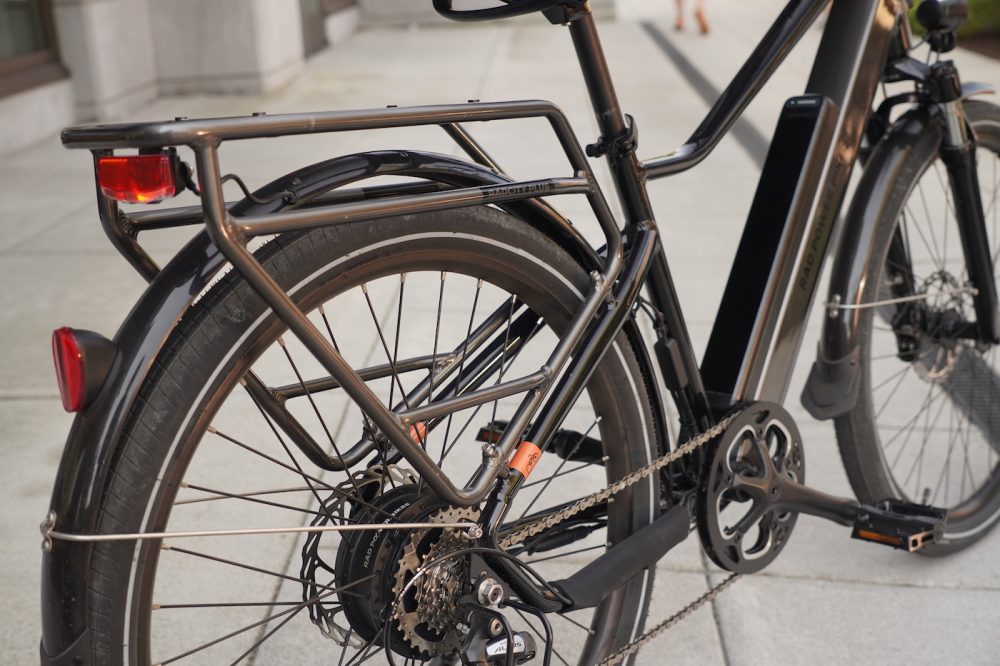
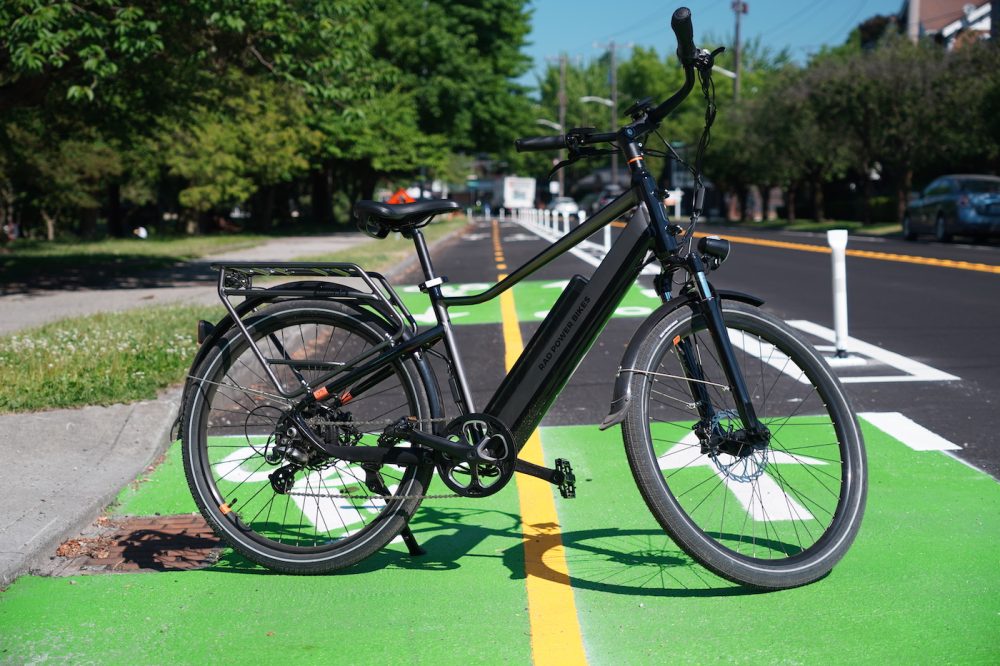
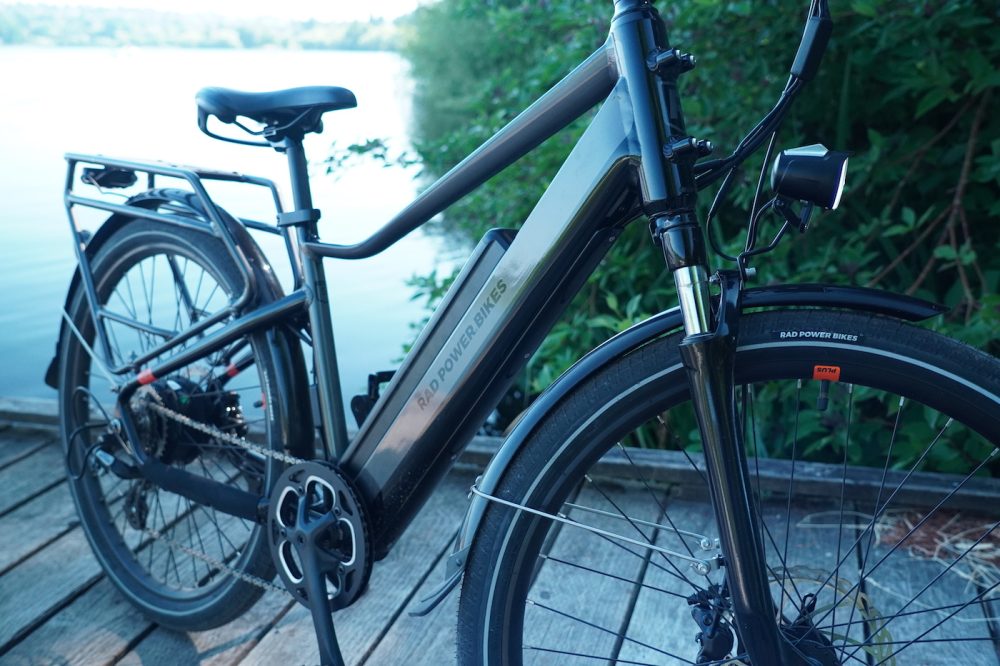
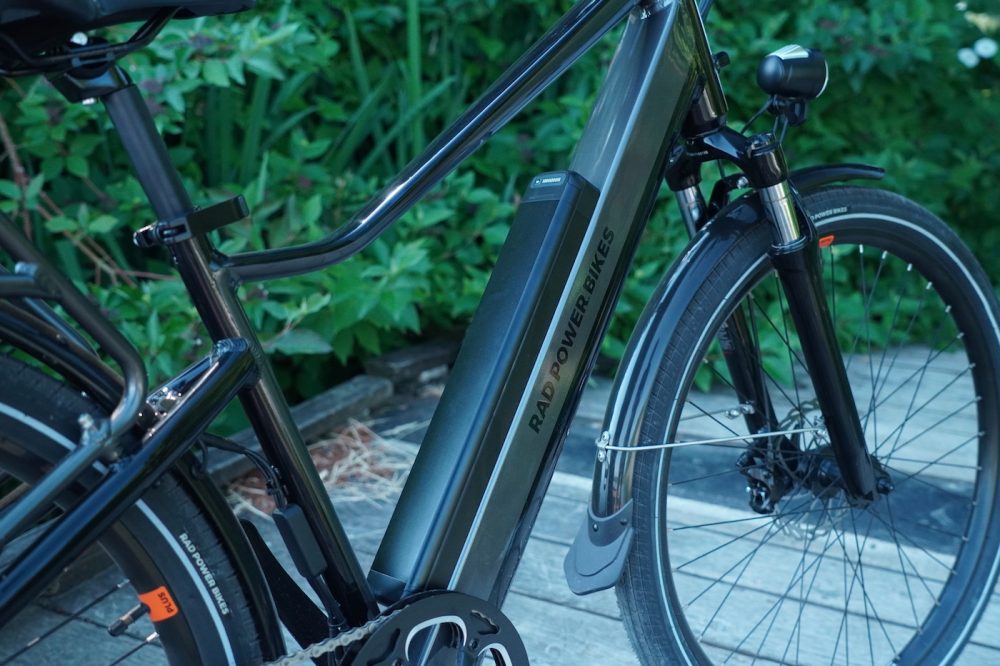
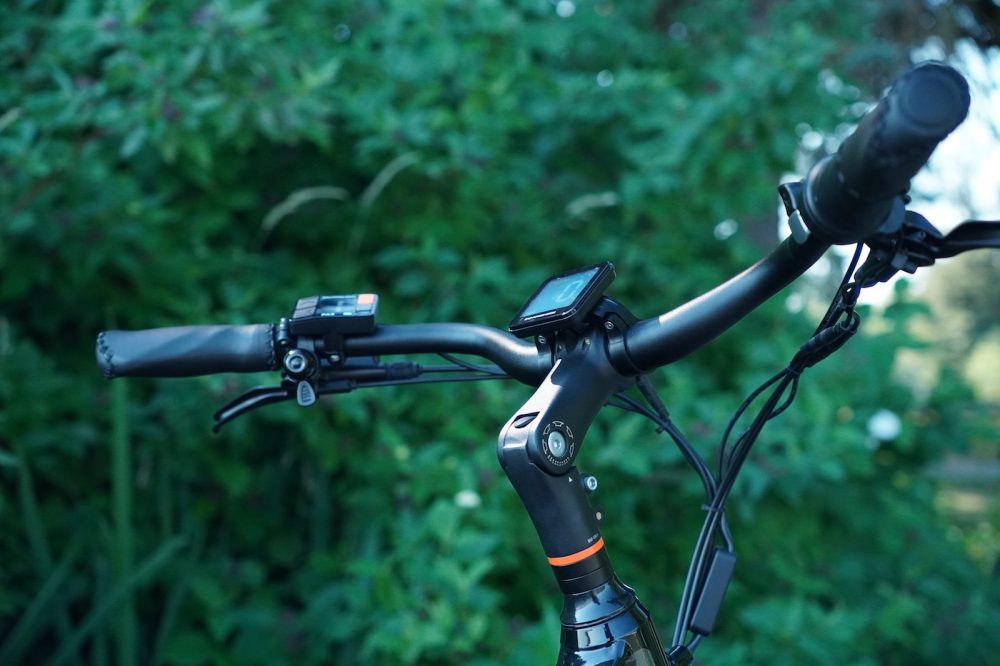
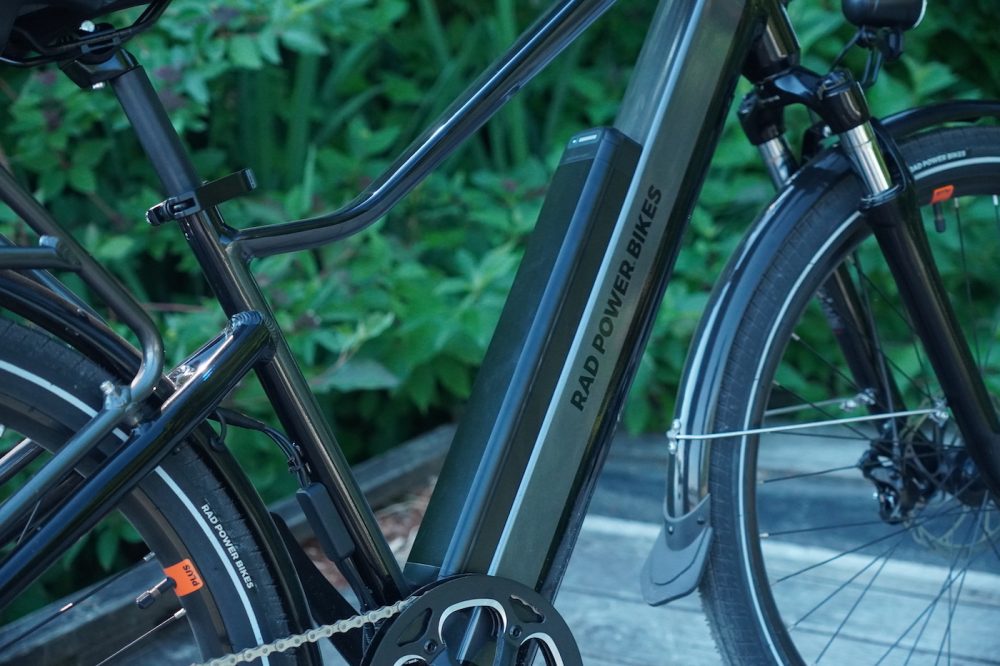
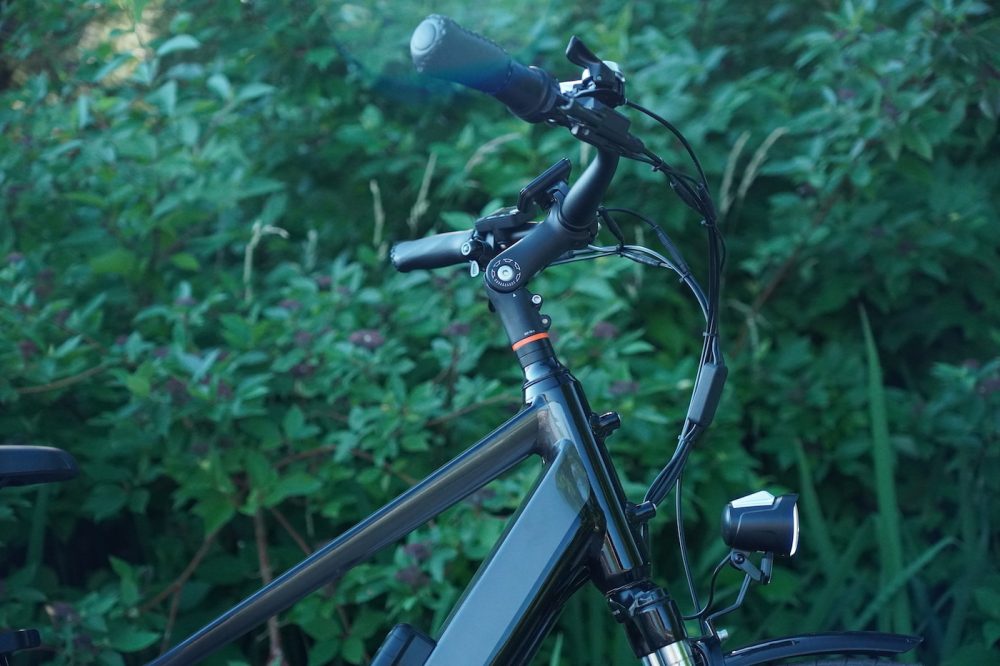
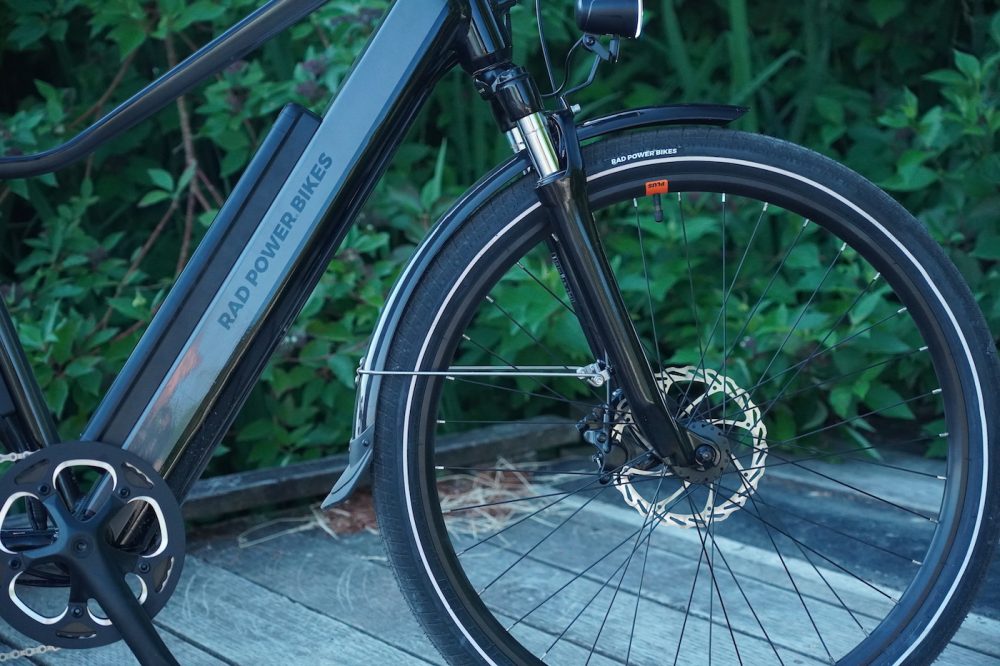
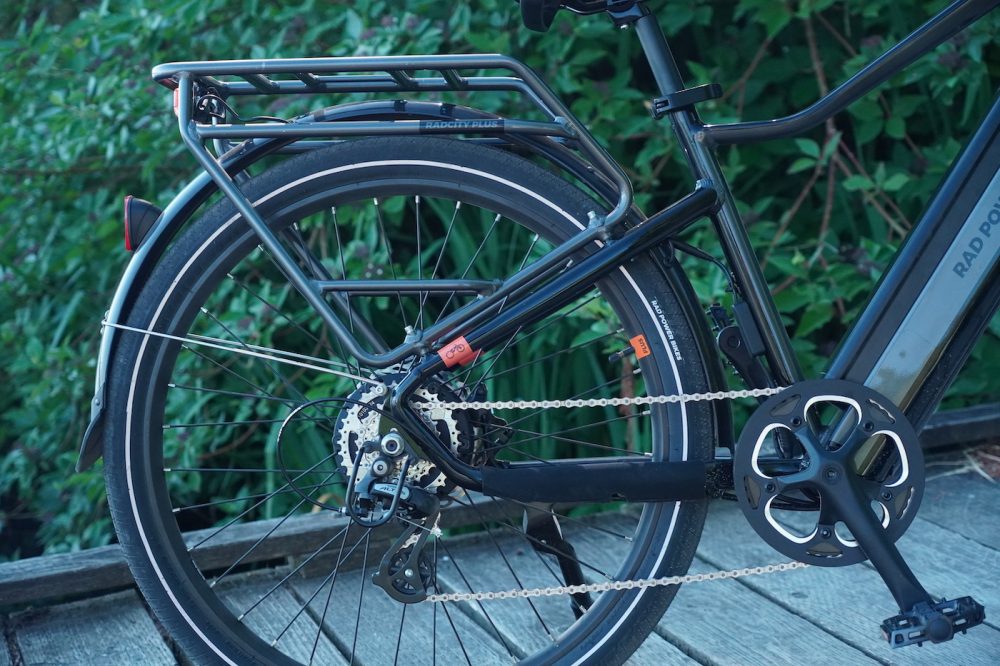






Comments